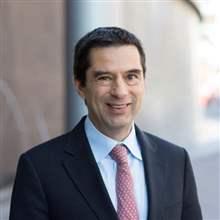

2:30 pm EDT - 4:00 pm EDT
Past Event
2:30 pm - 4:00 pm EDT
1775 Massachusetts Avenue N.W.
Washington, DC
20036
Politics influence economic outcomes through various channels, including structural reforms and monetary and fiscal policies. The proximity to elections can affect the mix of government’s spending plans. Political divisions could lead to larger fiscal deficits and public debt. Political ideology can have an influence on the design of tax and expenditure policies. With politics affecting fiscal outcomes, the issue that arises is whether fiscal rules and institutions can make a difference. This is the focus of a new book by International Monetary Fund staff, “Fiscal Politics.”
On March 29, the Brookings Global Economy and Development Program co-hosted Vitor Gaspar, director of the IMF Fiscal Affairs Department, as well as his deputy and co-editor Sanjeev Gupta, for a short presentation of this new book. Following opening remarks by Brookings Vice President Kemal Derviş and a brief presentation of key findings, a panel of experts reflected on the book’s conclusions.

Panelist




Sam Boocker, Alexander Conner, David Wessel
April 25, 2024

Homi Kharas, Charlotte Rivard
April 16, 2024

Homi Kharas, Vera Songwe
April 15, 2024